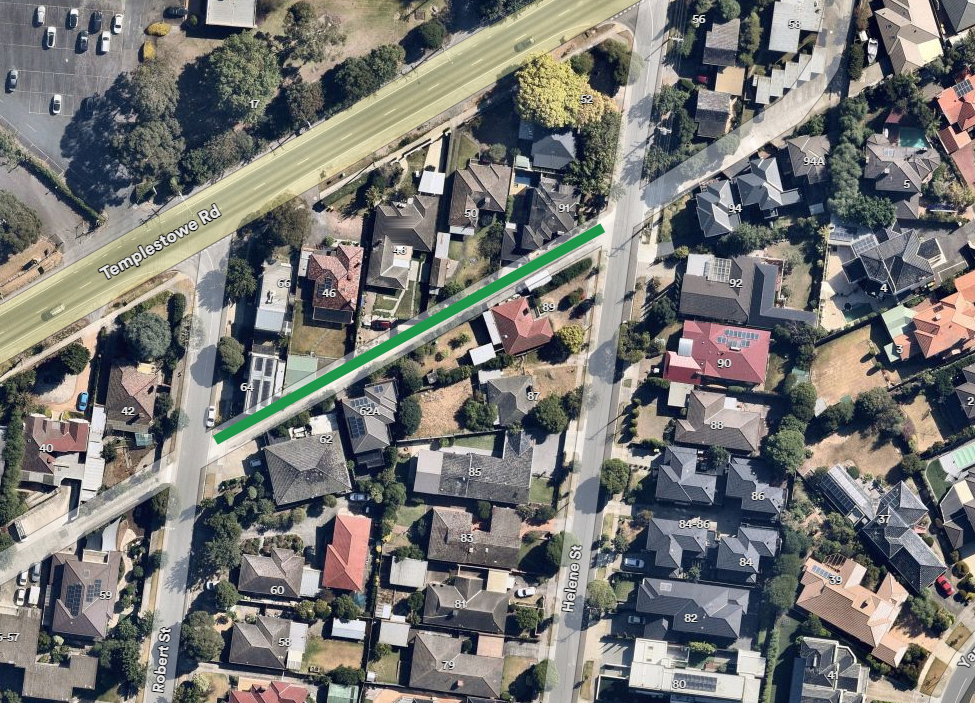
Short sleep lengths, daytime napping and even long sleep lengths have been linked to an increased risk of elevated blood pressure and cardiovascular disease, a new study out of the Baker Heart and Diabetes Institute has found.
Using data from the UK Biobank, the study, published in Nature Communications, is the first study to demonstrate that independent of other factors including age, sex and BMI, circadian rhythm-disrupting behaviours, including shift work, have an adverse effect on blood pressure regulation.
“We found that compromised sleep health or nightshift work are associated with elevated blood pressure in both males and females and across all age groups,” study lead and Baker Institute Cardiovascular Endocrinology lab Head Associate Professor Morag Young said.
“What we’ve found is that having circadian rhythms out of sync even slightly has an adverse impact on blood pressure.”
The study found that permanent night shift workers who slept less than five or six hours were most at risk, but those working mixed shifts also showed elevated blood pressure. Interestingly, sleeping for too long a period also had a disruptive effect on circadian rhythms, A/Prof Young said.
“Seven hours of sleep was found to be the optimal length of sleep for maintaining healthy blood pressure,” A/Prof Young said. “We found that too little sleep (less than seven hours) and too much sleep (anything more than seven hours) for adults also had a negative impact.
“Permanent night shift workers showed the greatest elevation in blood pressure, but those people working rotating shifts also showed elevated levels, although not as significant as permanent night shift workers.
“Our data also show that short sleep plus shift work has an additive negative effect on blood pressure.”
The body’s circadian clock governs almost all processes in the human body, including metabolic function, cognition, heart rate and sleep-wake behaviour. Disruptions to the body’s normal biological rhythms can leave the body out of sync, creating circadian strain, and thus negative consequences.
“Challenges that disrupt anticipation to daily light-dark cycles, food intake, and activity cues that are induced by non-traditional behavioural and lifestyle factors, like shift work, can adversely impact maintenance of normal biological rhythms at the systemic and cellular level, thereby compromising organ function,” A/Prof Young said. “Blood pressure follows a well characterised circadian rhythm, so disruption of this rhythm has significant implications for cardiovascular health outcomes.
“This research shows that on top of those traditional lifestyle factors, including diet, exercise and alcohol consumption, shift work and inappropriate sleep length are factors that impact blood pressure.
“Maintaining appropriate sleep lengths and sleep behaviours could be an additional way to reduce the risk of developing hypertension, particularly in shift workers.”







